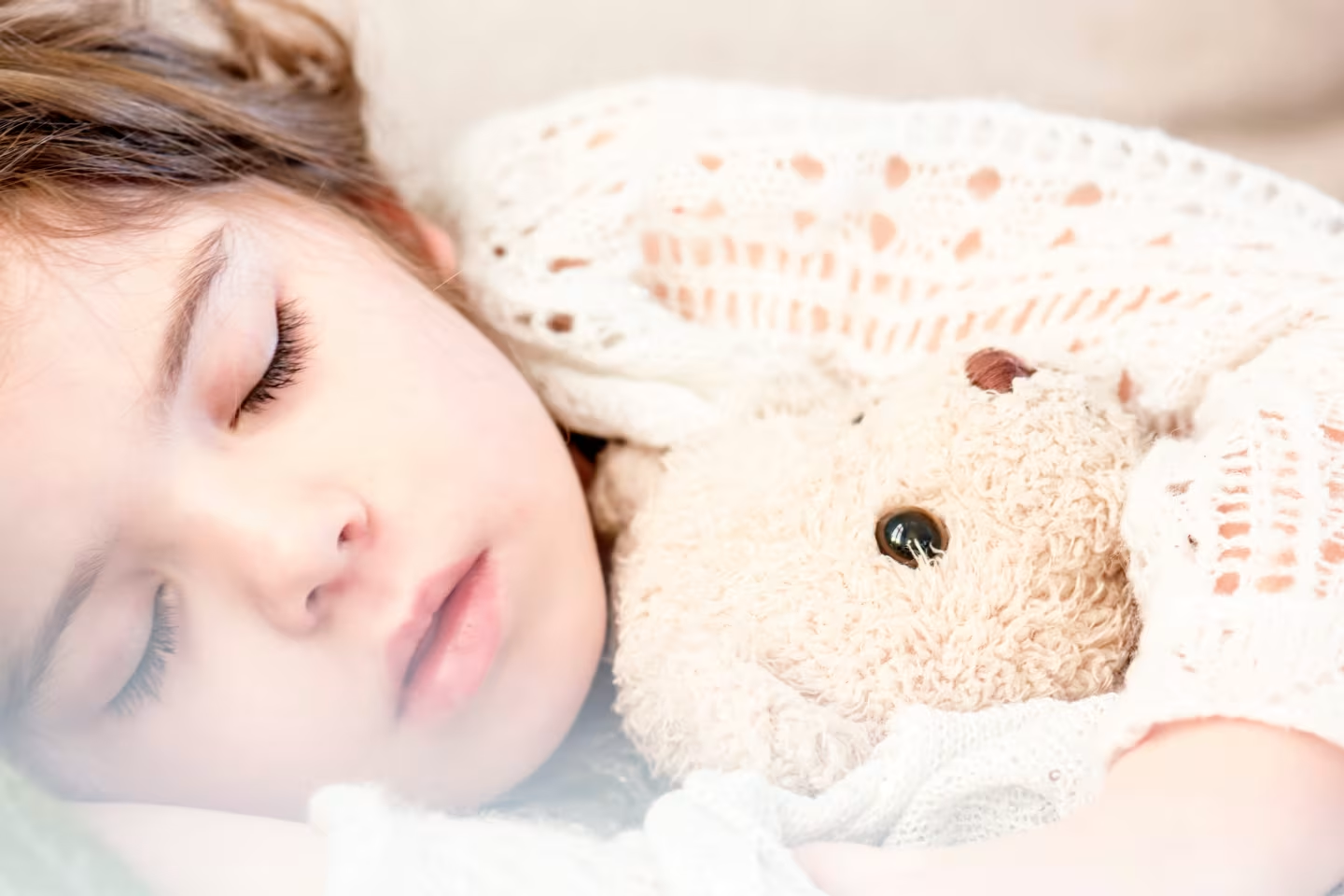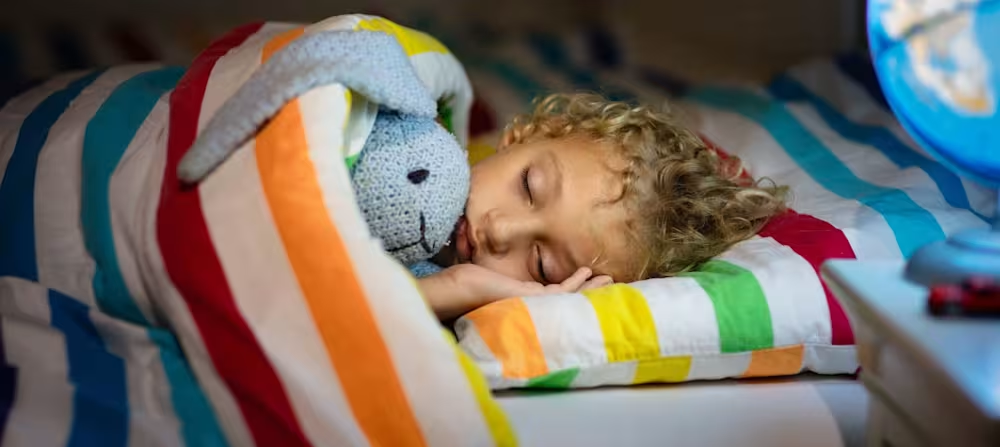5 tips to improve sleep with proper sleep hygiene
Updated Oct 16, 2025

Sufficient sleep is vital for good physical and mental health, whether you’re a child or an adult. If you or your children are not as well rested as you could be, consider whether you need to revamp your sleep hygiene. Good sleep habits, also known as “sleep hygiene” can make a big impact on sleep.
One third of adults in the United States don’t get the recommended amount of sleep each night. []
Our team of experienced sleep experts and data scientists recommend taking the steps below for a healthy sleep hygiene regimen.
Follow a consistent pre-bed routine
aren’t just for babies. Using the same set of steps each night to wind down can help cue that it’s time to sleep and help people of all ages transition to sleep easier.
Be sure to check out the bedtime routines used by our own sleep consultants to find out what worked for their children.
Set the mood
Create a soothing environment to promote the best possible sleep habits. Keep bedrooms dark and cool. Ideally, the temperature will be between 68 - 72F, and the bedding should be appropriate for the season. Consider using consistent to muffle any outside sounds (or those from your bedmate) that may interfere with sleep.
Turn off the tech
The blue light emitted from screens (including phones, tablets, and television) interfere with our body’s natural melatonin production. That means that checking your email right before bed or letting your child fall asleep while watching a video can lead to trouble falling asleep. Turn off devices at least an hour before you should be asleep to ensure that electronics don’t interfere with your body’s internal clock and deprive you of sleep.
If you just can’t replace that tech time with a book, adjust the blue light screen on your device to minimize the impact.
Avoid chemicals that interfere with sleep
Substances like caffeine, sugar, and alcohol can all negatively impact the quality of sleep. Try to avoid ingesting them in the hours before bed. You may be tempted to use melatonin, but ensure you check our article on first and contact your pediatrician!
Work with your internal clock
Our circadian rhythm is governed in large part by light exposure. Aim for a consistent bedtime and wake-up time within the same thirty-minute window in order to help regulate your internal clock. In the morning, be sure to open the curtains and let the light in. This will ensure regular, more consistent sleep.

Keep in mind that habits don’t change overnight, whether you're a child or an adult. Practice these steps for at least a week before determining whether they’re a good fit for you and your family.
Takeaway
Improving sleep habits (aka "sleep hygiene") can make a big impact on sleep. Ways to do this include following a consistent bedtime routine, creating a soothing sleep environment, avoiding substances that interfere with sleep (e.g. caffeine and sugar), and working with your internal clock.
Habits don't change overnight (for adults or children), however practicing these steps for at least a week can help determine if they're a good fit for your family.
Share article:
Note: The content on this site is for informational purposes only and should not replace medical advice from your doctor, pediatrician, or medical professional. If you have questions or concerns, you should contact a medical professional.
1 Sources
Share article:








